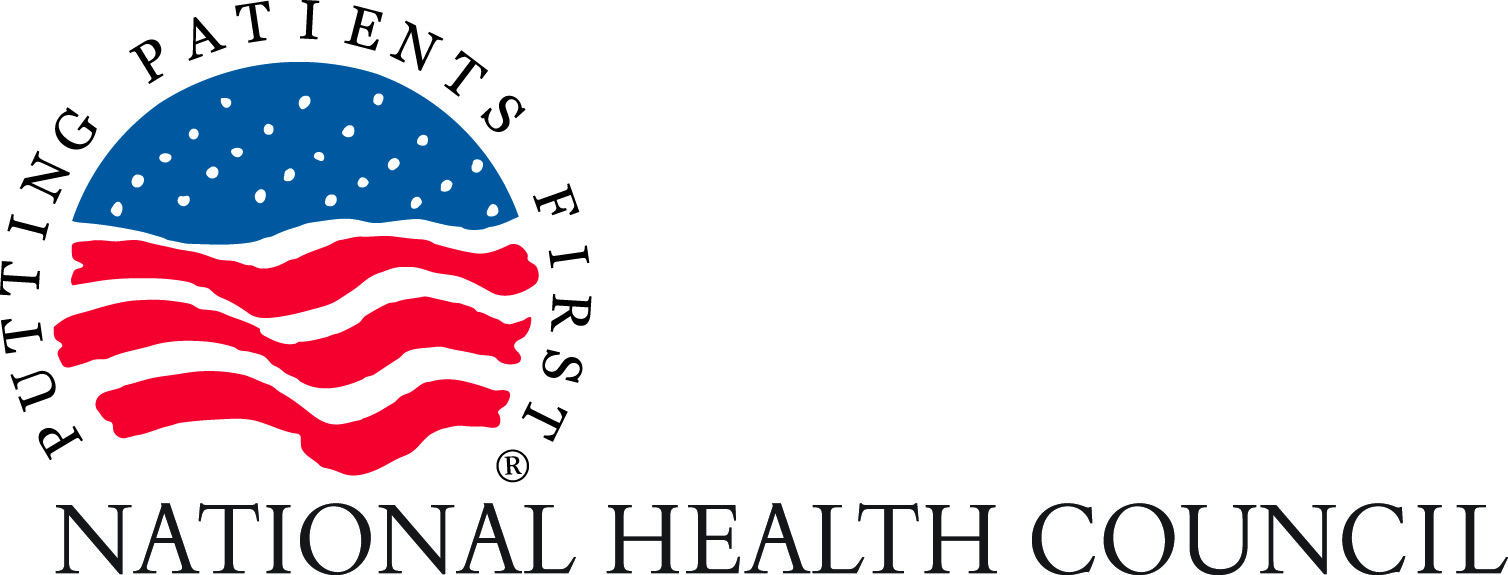Real-World Evidence


Using real-world data as scientific evidence
As health researchers, policymakers, and regulators establish standards and structure for using real-world data (RWD) as evidence in regulatory and clinical decision making, patients must be the primary focus. Since the idea of RWD is new to many in the patient community, it is important to explore the patient community’s needs, concerns, and potential contributions and use of RWE to ensure the patient voice is considered.
Sign up to receive emails about NHC programs.
Support


